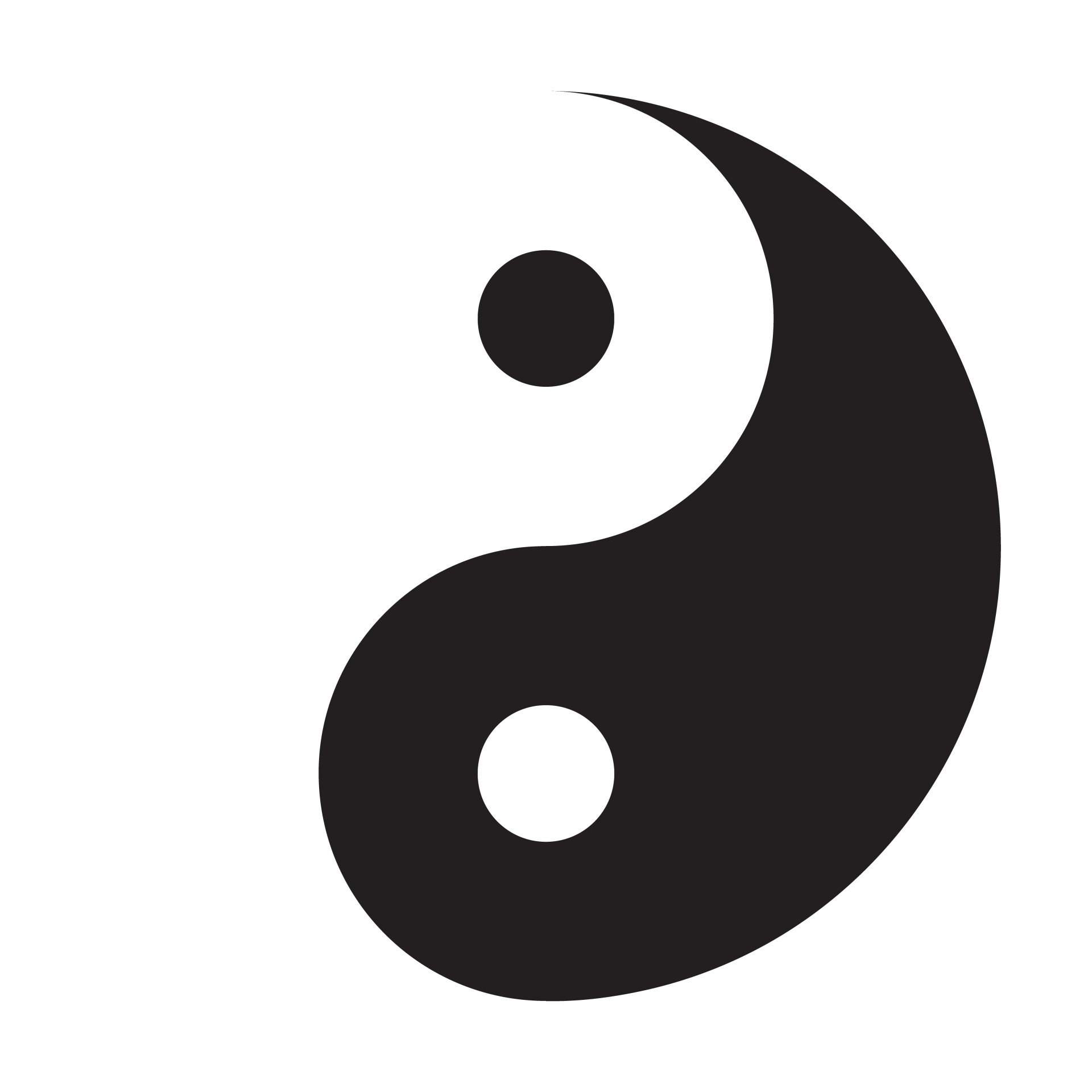We have been looking at the essay questions assigned to get admission to Canadian university programs; specifically, at McMaster’s essay questions for admission to the department of medicine. They seem politically charged. Here’s one for today:
OPTION B: Thomas King gave the 2003 CBC Massey Lecture Series entitled The Truth About Stories: A Native Narrative. In it, he comments on the centrality of dichotomies (that is, a sharp binary distinction between two things understood to be opposites) in many Western narratives: We do love our dichotomies. Rich/poor, strong/weak, right/wrong... We trust easy opposites. We are suspicious of complexities, distrustful of contradictions, fearful of enigma.' What dichotomy do you find to be especially problematic, and why do you think it Is important to take a more complex view of that issue?
The question assumes that “Western narratives” are “problematic.” The question seems crafted to oblige the student to show consent to this proposition.
A clever response would be to point out that King himself is creating a dichotomy, between “Western” and “native,” and indeed between “dichotomies” and a “complex” perception. So his thesis is self-invalidating.
Dichotomy is the essence of all rational thought: Aristotle’s law of non-contradiction. Or ask any computer engineer: all logic is binary at its base.
Including all “Eastern” logic.
Why this drive to deny logic, or thought itself? The present question is almost explicit in revealing motive: what is really problematic is the dichotomy between “right” and “wrong.” I suspect this is the answer it is fishing for. This is a consistent postmodern theme: one must not be “judgmental.”
Of course, it is those in power, otherwise unrestrained, who will most chafe at any hint of ethical responsibility. They want to be sure they are not admitting any potential whistleblowers to the profession.
This is something of a shift in medical ethics. We used to have the Hippocratic Oath, which imposed specific moral responsibilities. Rights and wrongs.
Simple dichotomies can indeed be a problem. Not because they are dichotomies, but if they are wrong or ill-conceived. Ironically, a leading candidate for the most “problematic” dichotomy in our current culture is that between “Western” and “native.” It is unnecessary, divisive, existing only to discriminate; and both categories are incoherent. There is no such thing as “Western” logic, “Western” mathematics, “Western” science, or “Western” civilization. There is simply logic, mathematics, science, and civilization. A bridge built in India does not need or use different laws of physics or different mathematics in its construction than one built in London.
Nor is it possible to coherently define “native” or “aboriginal” or “indigenous.” We are all literally native or aboriginal or indigenous to some place. All of us are equally native to the place where we were born. None of us are aboriginal or indigenous to that place. The current term “aboriginal” or “indigenous” is simply a euphemism that replaced, in recent times, the earlier anthropological term “primitive.” That is, it simply refers to less technologically advanced cultures.
Which tend, in brutal honesty, to have fewer lessons and insights to share with the rest of mankind.
A similarly divisive and useless dichotomy is that between “white” and “non-white” (or “racialized”). Both are purely social and political constructs that do not describe reality. People tend to intermarry, for one thing. For another, “non-white” as a category includes ethnic groups more closely related to “whites” than to other “non-white” groups. “White” itself masks a wide variety of ethnicities, whose sense of themselves has nothing to do with any “white/non-white” distinction. The social classification really works only in the US, since the 19th century. For most of modern European or Canadian history, the crucial ethnic dichotomy was instead Protestant/Catholic, and in Medieval times, it was Christian/Muslim. “White/non-white” is still hardly the major dividing line in Kosovo, Bosnia, Rwanda, Nigeria, Burma, or Northern Ireland.
Time we stopped obsessing over skin colour, or where our ancestors came from. But dichotomies in general are not the issue.













1 comment:
Very insightful and well articulated. Thank you.
-Tim
Post a Comment